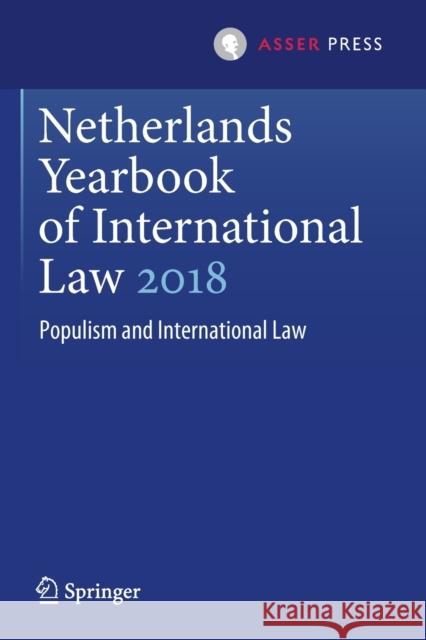Netherlands Yearbook of International Law 2018: Populism and International Law » książka
topmenu
Netherlands Yearbook of International Law 2018: Populism and International Law
ISBN-13: 9789462653337 / Angielski / Miękka / 2020 / 305 str.
Netherlands Yearbook of International Law 2018: Populism and International Law
ISBN-13: 9789462653337 / Angielski / Miękka / 2020 / 305 str.
cena 403,47
(netto: 384,26 VAT: 5%)
Najniższa cena z 30 dni: 385,52
(netto: 384,26 VAT: 5%)
Najniższa cena z 30 dni: 385,52
Termin realizacji zamówienia:
ok. 16-18 dni roboczych.
ok. 16-18 dni roboczych.
Darmowa dostawa!
Kategorie:
Kategorie BISAC:
Wydawca:
T.M.C. Asser Press
Seria wydawnicza:
Język:
Angielski
ISBN-13:
9789462653337
Rok wydania:
2020
Wydanie:
2019
Numer serii:
000098481
Ilość stron:
305
Waga:
0.45 kg
Wymiary:
23.39 x 15.6 x 1.7
Oprawa:
Miękka
Wolumenów:
01
Dodatkowe informacje:
Wydanie ilustrowane











